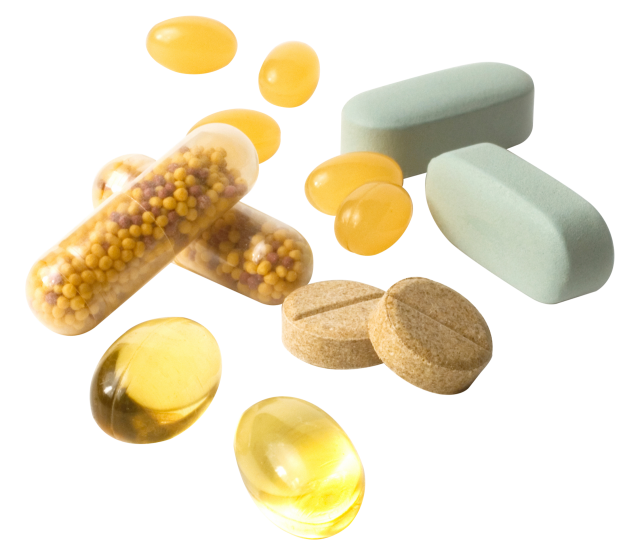Although supplements are popular, for cancer prevention, we recommend you meet your nutritional needs through diet alone.
There’s a lot of marketing out there about dietary and nutritional supplements, and a lot of bold health claims. And while some supplements can offer benefits in specific circumstances, when it comes to cancer prevention, research shows that supplements don’t offer the same benefits as eating whole foods.
Balance your diet.
Build your meals mostly around plant foods. Aim for at least two-thirds (2/3) of your plate to be filled with plant foods such as whole grains, fruit and beans. The remaining one-third (1/3) of your plate may be filled with animal-based protein rich foods such as seafood, poultry, and diary foods and occasionally with lean and red meat.
When you eat whole foods, your body absorbs a range of vitamins, minerals, amino acids, and other compounds that work together to protect your health.
But when vitamins, minerals, fiber and other food substances are isolated into supplements, they may not be absorbed as well by our bodies as they are from whole foods.
While some people may need supplements because of pregnancy, age or a medical condition, by and large, it’s best to get nutrients directly from food.
If you’re going to take dietary supplements for reasons related to medical conditions, consult with your doctor first. Ask about possible interactions with your medications. Follow qualified medical advice as far as dosage and the length of use. Taking more of a supplement than directed is not better and may even be harmful.
For nutrients, rely on whole grains, vegetables, fruits, beans and protein-rich foods.
When you include a sufficient amount of plant foods and protein-rich foods in your diet, taking supplements does not give additional cancer protection. Eating a variety of fruits and vegetables each day, plus whole grains and beans, ensures that you are getting as many valuable nutrients, including cancer-protective vitamins, minerals, fiber, and vital phytochemicals, as possible.

Check In With Your Health
The choices we make each day can help reduce our risk of cancer.
AICR's new Cancer Health Check will help you learn more about your
choices and how you can stack the odds in your favor.






